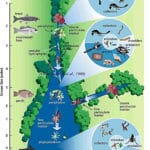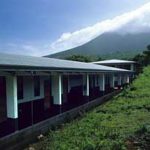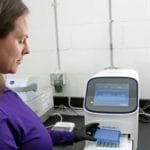Moving Freshwater Science Forward
Our efforts at Stroud™ Water Research Center require intellectual curiosity, a systematic and rigorous approach to scientific research, and the drive to answer a series of challenging questions about freshwater ecosystems. The answers to these questions may take decades to fully understand, but it is critical that we persist, as they have the power to influence others in ways that positively affect the world’s finite supply of clean fresh water.
Recent Publications
Xia, J., H. Hu, X. Gao, J. Kan, Y. Gao, and J. Li. 2024. Biology 13(7), 550.
Deep metagenomic sequencing unveils novel SAR202 lineages and their vertical adaptation in the ocean
He, C., D. Fucich, A. Sosa, H. Wang, J. Kan, J. Liu, Y. Xu, N. Jiao, M. Gonsior, and F. Chen. 2024. Communications Biology 7, 853.
To achieve the Clean Water Act’s goals, prioritize upstream ecology
Ensign, S.H., D.B. Arscott, M. Daniels, C. Dow, J.K. Jackson, D. Oviedo-Vargas, and M. Peipoch. 2024. Water Resources IMPACT 26(3): 19–21.
Freshwater Research News

2014 REU Participant to Research Climate Change Using Ice Cores
Abigail Thayer, a Research Experience for Undergraduates participant at the Stroud Center, learned about researching Earth’s Critical Zone.
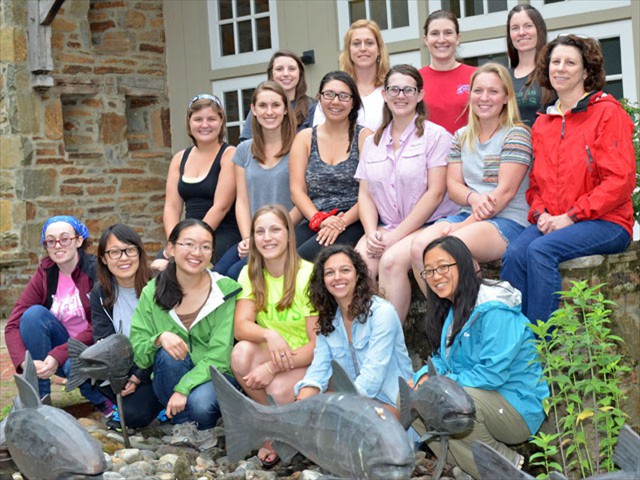
Summer Research Program Boosts Confidence, Shapes Careers
“Hydrosphere! Lithosphere! Atmosphere! Biosphere!” students and teachers shouted during orientation for this summer’s Critical Zone Observatory (CZO) Research Experience for Undergraduates and Teachers (REU/RET). As a means to understand each
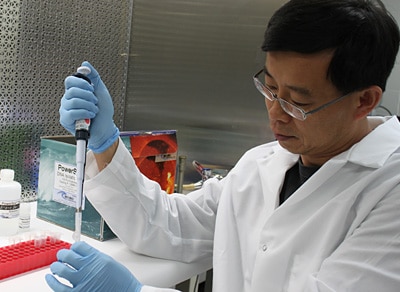
Study Will Investigate Storm Impacts on Fresh Water
The Stroud Center will measure the huge amount sediment-associated nitrogen flushed downstream during intense storms, and investigate what happens to it.
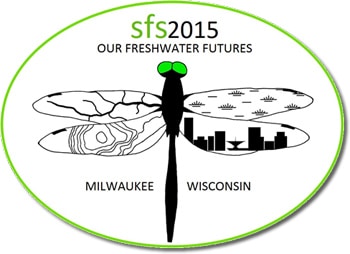
Sharing Our Science: Summer 2015
In May, Stroud Water Research Center scientists attended the weeklong annual meeting of the Society for Freshwater Science (SFS) in Milwaukee, Wisconsin.
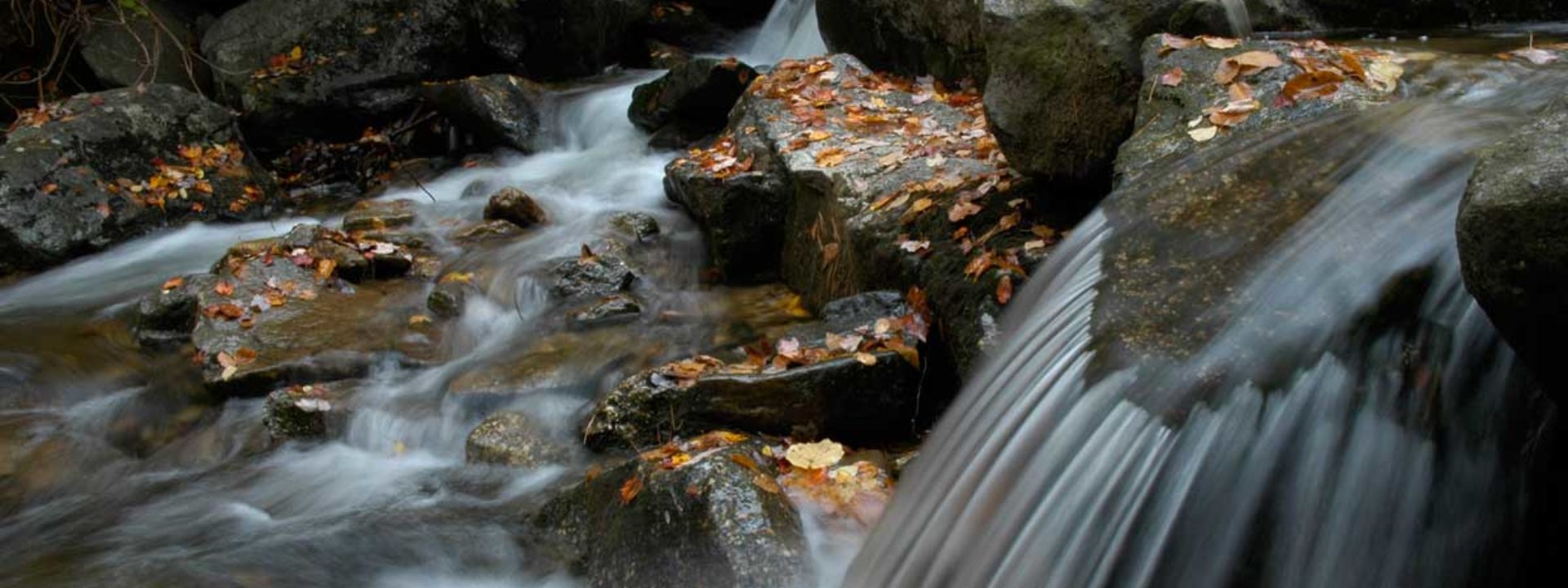
Grant Supports Total Watershed Restoration to Reduce Flooding, Improve Habitat
The Stroud Center will restore Sharitz Run, a tributary to Doe Run in the headwaters of the Brandywine Creek near Coatesville and Unionville, Pennsylvania.
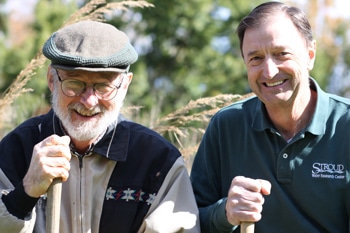
Study: 100-Foot Wide Forest Keeps Streams Healthy
New literature review shows streamside forest buffers should be at least 100 feet wide on each side to protect freshwater ecosystems from human activities.

